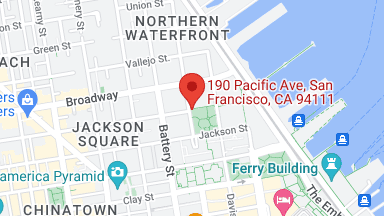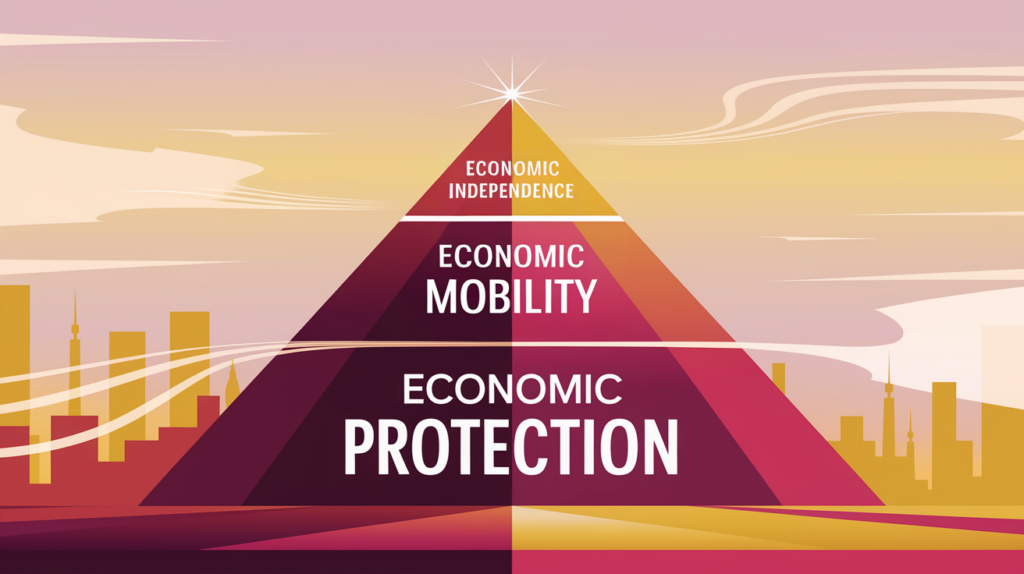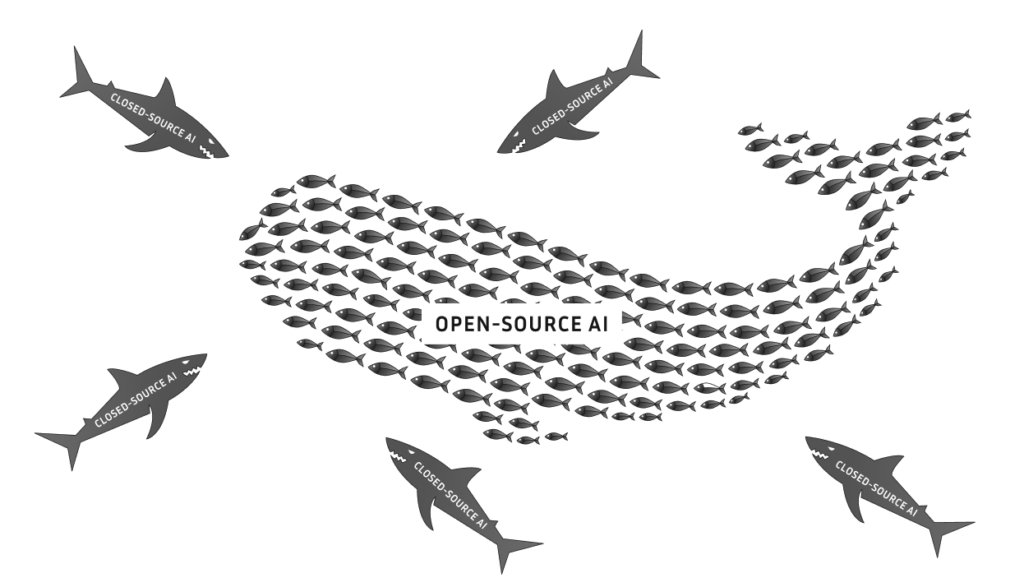Engineers Without Borders
Obvious |

Four years ago, Praveen Kalamegham met his friend Frank Licea for dinner at a trendy Japanese restaurant in downtown Austin. Over sushi, the conversation turned to work. Kalamegham, a CTO, was struggling to hire engineers even though his startup, Workrise, had just secured $300 million in funding.
“Unless you were a FAANG company, you couldn’t even get into conversations with experienced software engineers,” Kalamegham recalls of the intense competition for engineering talent at the time.
Licea had just co-founded a company to solve this very problem. Howdy is a workplace hiring startup based in Austin that connects developers in Latin America with jobs at companies in North America. Licea explained to Kalamegham that Howdy would take on all the complexity of hiring someone abroad and supply Workrise with dedicated engineers.
Kalamegham decided to give Howdy a try. Within weeks, six Howdy engineers had joined his team. By fall 2020, the number was up to 20.
“They are active participants in our meetings. They are integrated. They are our engineers,” he says proudly.
Desperate for a chance
Engineering shortages have long plagued the U.S. tech sector. Big tech companies point to immigration restrictions that hamper their efforts to find employees. The idea to co-found a company to help solve this tech shortage problem came to Licea’s co-founder, Jacqueline Samira, in 2018. At the time, she had been running sales teams for startups and had a front-row seat to the shortage.
“There was such intense competition for engineers,” recalls Samira. “It felt like an imbalance.”
Raised by a mother who was an immigrant and an engineer, Samira knew firsthand what amazing talent can come from other countries. She also knew what it felt like to be desperate to be given a chance—she began her career during the downturn of 2008 when jobs were hard to come by. Surely there were engineers somewhere who were desperate for a chance too, she thought.
Samira turned to Latin America—a region encompassing Central and South America and the Caribbean that shares time zones with the U.S. and where salaries for senior engineering talent are 20% to 30% lower.
Samira hired her first engineer in Montevideo, Uruguay, in December 2018. In 2020, as remote work became normalized during the pandemic, Howdy hired another two dozen engineers and has been building ever since. In winter 2021, Samira and Licea, who was born in Mexico and raised in El Paso, Texas, were accepted into Y Combinator. They raised Howdy’s Series Seed after the accelerator’s famed Demo Day.
Where developers come first
Since the beginning, one of Howdy’s mantras has been “Where the developers come first.” Samira and Licea are building Howdy around their employees. “Our top KPIs are developer retention and developer happiness,” says Samira.
Javier Bayona noticed this right away. A developer based in Cúcuta, Colombia, Bayona had worked for a series of startups before connecting with Howdy in 2020. “I was already working remotely, and the pay at Howdy was a bit better,” says Bayona. “But how they treat me is different. They are focused on the human component, and I feel appreciated.”
Howdy offers its developers perks that rival many big tech companies including healthcare, a gym membership, and weekly free lunches, but what Howdy’s employees say they value most is that “human component.” There is paid sick leave and ongoing career development with engineering managers, and when a company occasionally ends a contract with Howdy, the startup continues paying the employee’s salary until a new role is secured. Howdy also requires that its partners treat its developers well.
“One of our core requirements for companies we work with is that they have to treat our engineers as full-time team members,” explains Samira. “They need to be in the all-hands and the internal meetings.”
A good fit
Qingqing Ouyang, CTO at the real estate tech startup Ojo, learned about Howdy two years ago. At the time, engineering salaries were skyrocketing, and she was spending a huge amount of her day vetting potential candidates. She knew she had to look elsewhere, but there were huge concerns on her engineering team about what external engineers might be like.
“It was really important to my team that they were treated well,” she says. “There was also the concern that if we hire someone ‘wrong,’ it can cost you more in the long run.”

So when a friend who shares Ouyang’s same high bar for talent told her he knew of five Howdy engineers who needed new jobs, she snapped them up. They’ve been with her ever since.
“The hit rate was 100 percent,” she says. “They work seamlessly with the team and have earned their respect. Some of them have even become tech leads.” Both Kalamegham and Ouyang attribute much of their successful partnerships with Howdy to how the startup continues to work with their companies and support the engineers after they are hired.
“It’s like a mom and dad relationship with someone on each side looking out for them,” explains Kalamegham.
“Howdy really stands out in the way they treat their people. In that kind of environment, you end up with more productive people,” Ouyang says. “When we hire again, I would like Howdy to be a bigger presence on our team.”



